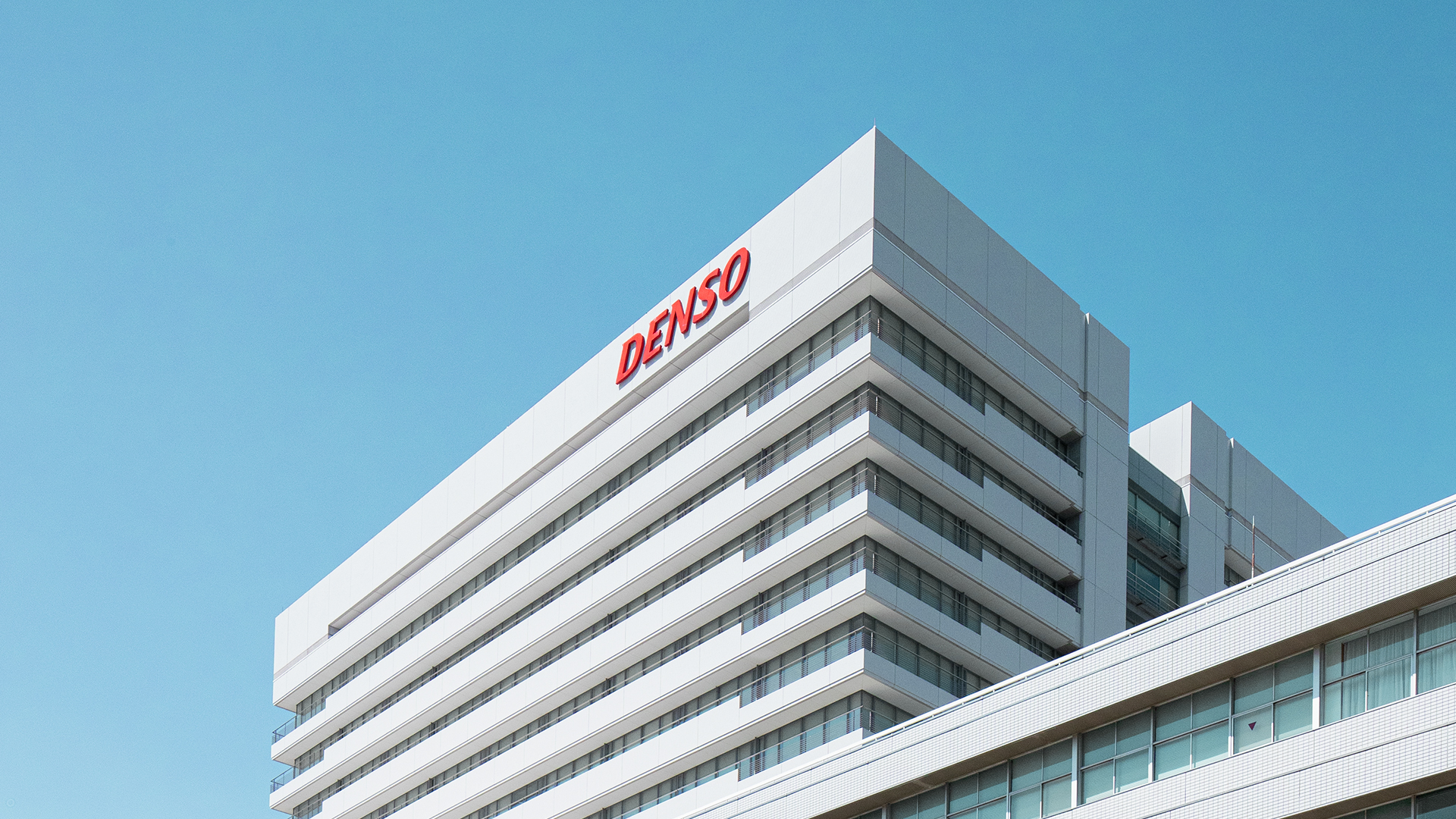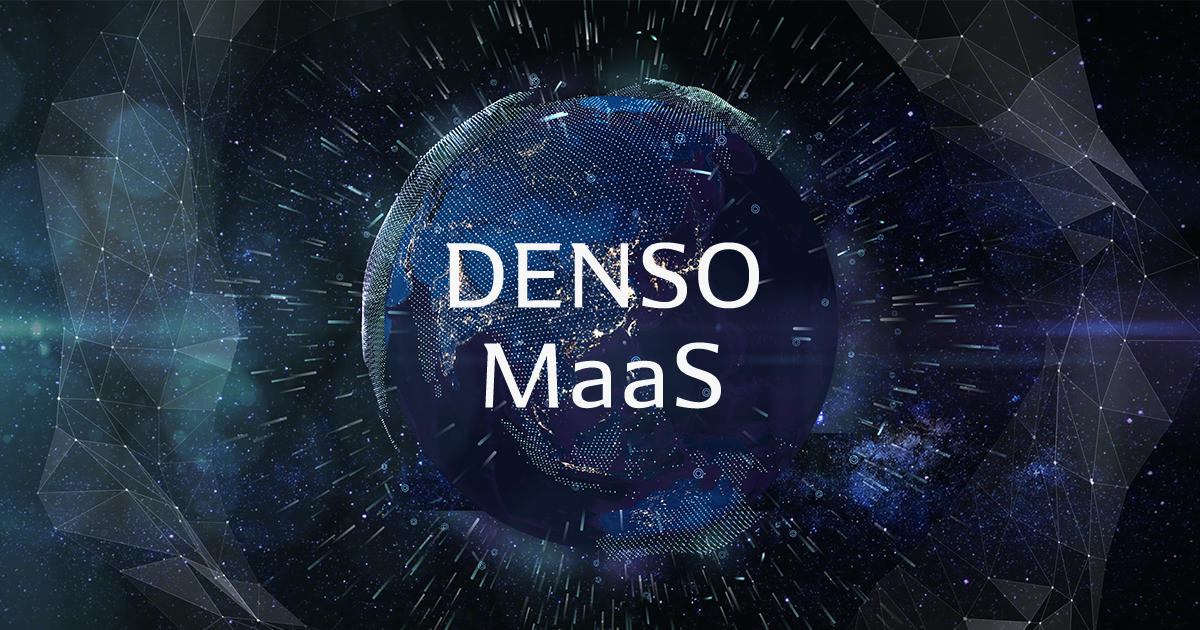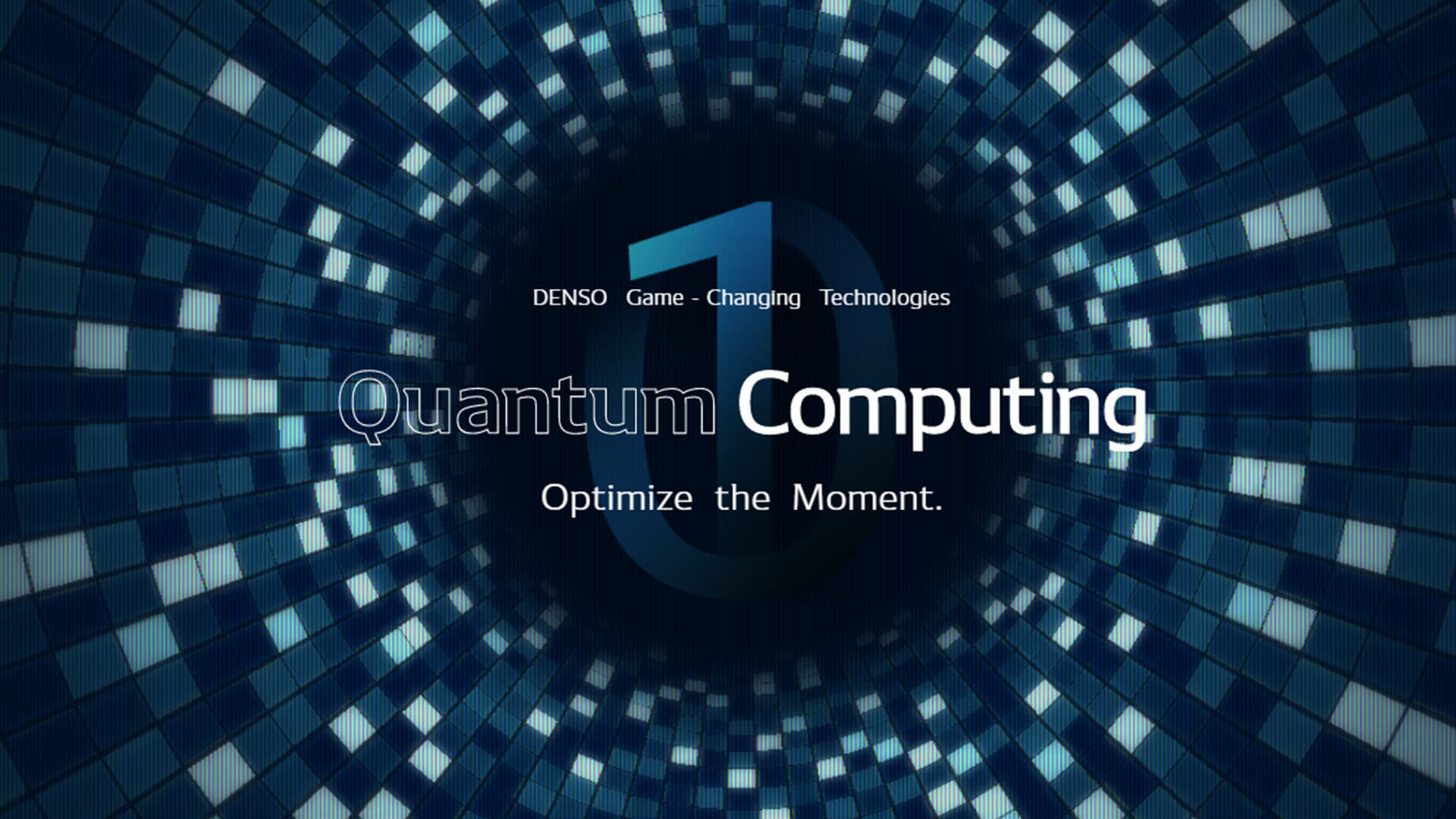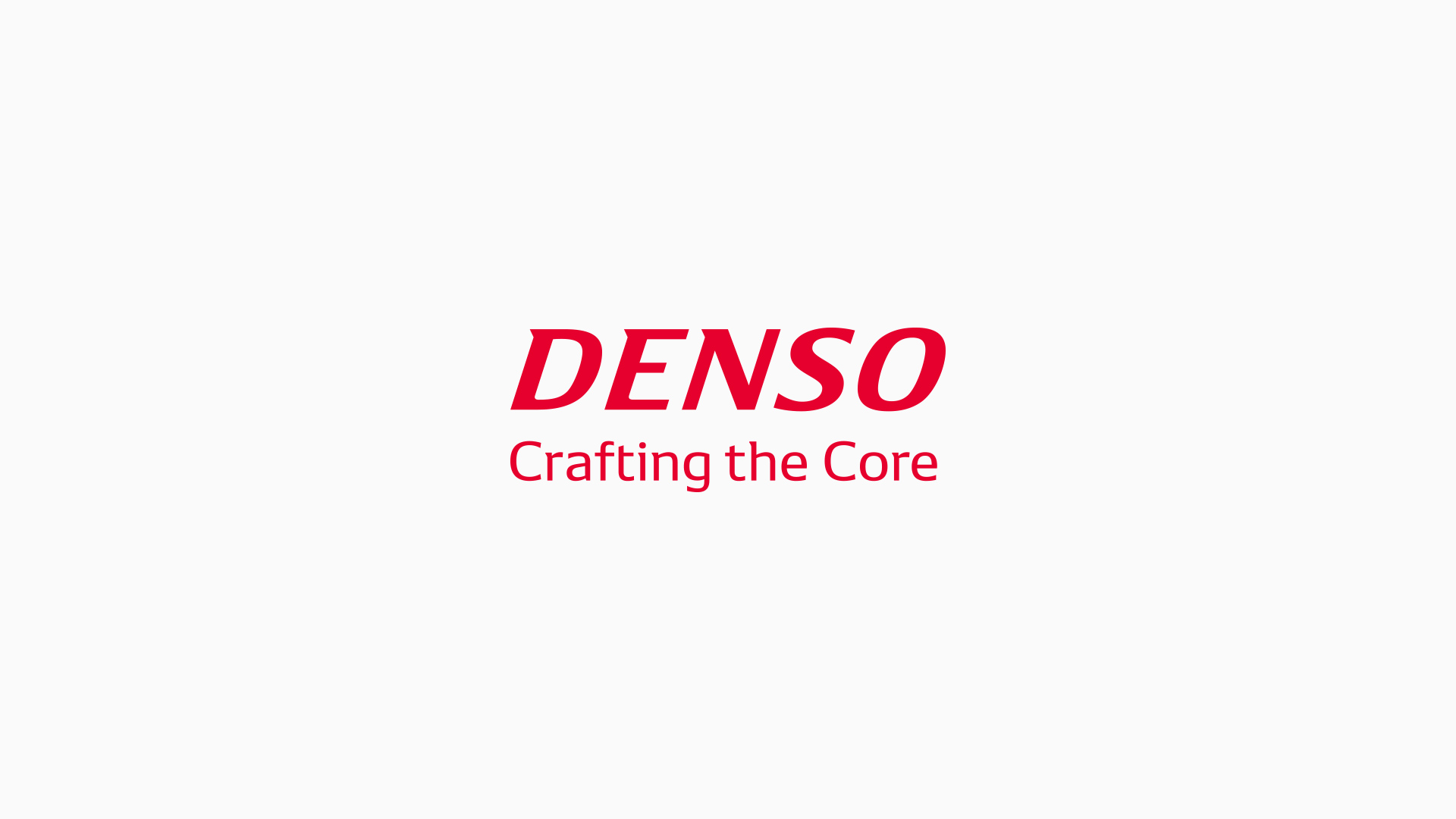Eco-Materials & Low Emissions
Basic Stance
DENSO reduces environmentally hazardous substances included in products in light of regulatory trends in each country and region, including the European Union’s ELV Directive,*1 the REACH Regulation,*2 and the Stockholm Convention on Persistent Organic Pollutants (POPs)*3 based on a basic policy to reduce the use of chemical substances throughout a product’s life cycle to the greatest extent possible. Specifically, we pursue high resource efficiency using Factor Delta environmental factors for products, especially during the design stage, the first phase of a product’s life cycle.
We also apply this approach to the supply chain by collaborating with suppliers to create a green procurement system.
*1 End-of-Life Vehicles (ELV) Directive: A series of regulations concerning used automobiles that entered into force in the European Union in October 2000. In principle, the regulations are being phased in to prohibit the use of chemical substances in vehicle materials and components put on the market after July 2003.
*2 Registration, Evaluation, Authorization and Restriction of Chemicals (REACH) Regulation: A comprehensive regulation for the registration, evaluation, authorization, and restriction of chemicals that entered into force in the European Union on June 1, 2007.
*3 The Stockholm Convention on Persistent Organic Pollutants is an international treaty that seeks to eliminate or restrict the manufacture and use of POPs, such as polychlorinated biphenyls (PCBs) and DDT, as well as reduce emissions of POPs and regulate the appropriate disposal of POP-containing waste.
Specific Initiatives
(1) Managing and Reducing Chemical Substances
Anticipating global trends in the regulation of environmentally hazardous substances in products by minimizing environmental impact, we promote activities aimed at ensuring peace of mind to all of our stakeholders.
Eliminating the Use of Lead
DENSO is assessing the appropriateness of lead alternatives in light of regulatory trends related to lead and other items in high-melting-point solder, glass, ceramics and alloys (aluminum and copper), which are presently exempt from the application of lead regulations.
Responding to REACH Regulation
We are utilizing an internal system and issuing responses concerning the communication of information about SVHC *4 in products and components. Furthermore, we cooperate with related industries to analyze the impact of these substances on automobile parts from an early stage before they are designated as “SVHC,” subject to REACH regulations to promote activities facilitating prompt responses.
*4 Substances of Very High Concern (SVHC): A candidate list of around 1,500 substances such as endocrine disrupting agents
Response to the Stockholm Convention on Persistent Organic Pollutants
At DENSO, we work proactively to achieve a firm understanding of the Stockholm Convention on Persistent Organic Pollutants; the Act on the Regulation of Manufacture and Evaluation of Chemical Substances, which lays out policies that align with the Stockholm Convention; and the trends for rules and regulations in each country and region. At the same time, we are responding to the Stockholm Convention by analyzing the impact of substances regulated by the convention in our supply chain and examining the feasibility of using alternative materials.
(2) Effective use of resources
Resource Recycling via Parts Rebuilding Business
In creating collection and recycling systems for used products, DENSO believes in the importance of ensuring effectiveness and efficiency. At the same time, we are focusing our efforts on our parts rebuilding business by practicing recycling with the following priorities in order to minimize environmental impact: product reconditioning rebuilding > parts reuse > material recycling.
Many alternators (electric generators) and starters taken from used automobiles can be restored to an adequate level of functionality if consumables such as brushes and bearings are replaced and serviced. We have built a recycling network consisting of our customers, substations, service stations, DENSO SOLUTION JAPAN CORPORATION, and DENSO REMANI CORPORATION (Anjo City, Aichi, Japan) for recovering, reconditioning, and shipping such parts, assuring their quality via rigorous performance inspections comparable to those used for new products. Group companies are increasing the distribution of reconditioned products by setting up similar parts rebuilding businesses in Europe, the United States, and China.
Product reconditioning volumes at DENSO REMANI [Japan]
The increased durability (longer lifespan) of alternators and starters has led to a decrease in the number of units needed for replacement. This has helped us resolve environmental issues through the recycling and effective use of resources (decrease in the amount of resources used).


















